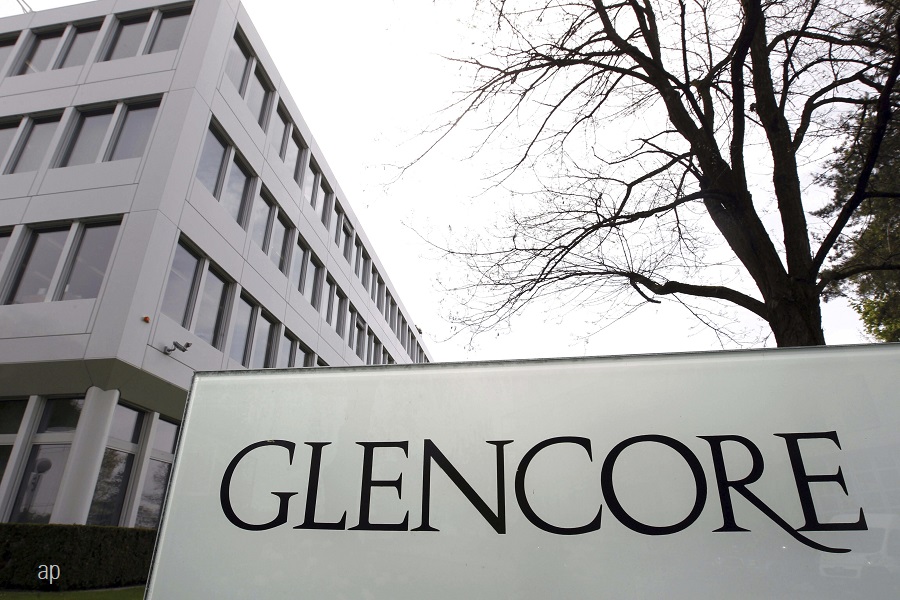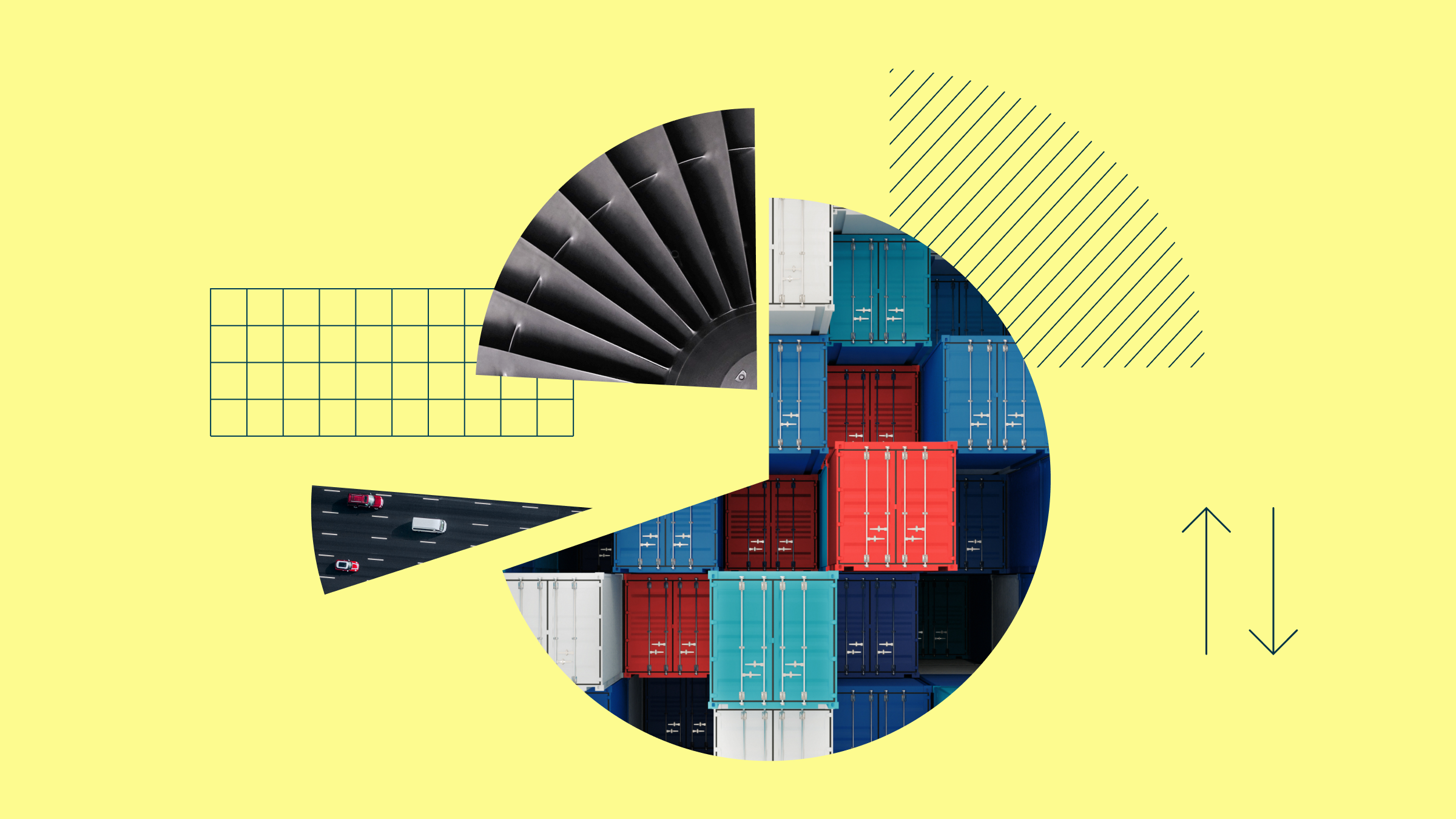
High inflation, supply chain disruptions, and fears of a potential worldwide recession are pushing companies to embrace and invest in intelligent automation.
The global industrial automation market size is expected to expand significantly in the coming years. To be specific, it is projected to grow from US$212 billion in 2023 to US$465 billion by 2032, at a compound annual growth rate (CAGR) of 10.30%.
While the full implications for employment remain uncertain, there's no denying the rapid infiltration of an industry into every facet of human life. Against that backdrop, the following companies stand as prime beneficiaries of this trend, serving as leading providers of automation solutions across diverse industries.
Honeywell is a global multi-industry behemoth with one of the largest installed bases of equipment. It operates four business segments: aerospace, building technologies, performance materials and technologies, and safety and productivity solutions.
The company is one of the strongest multi-industry firms in operation today. Honeywell is reorganizing its portfolio among its most important secular trends in aerospace, automation, and the energy transition. It has “successfully pivoted to capture multiple ESG trends, including the need to drive energy efficiency, reduce emissions, and e-commerce, among others,” says a Morningstar equity report.
Supported by increased demand for warehouse automation solutions, new digital offerings that promote data analytics in powerplants, as well as remote security management, Honeywell is set to achieve mid-single-digit top-line growth over the next five years, the report adds.
“Honeywell was wise to continue investing aggressively during the height of the pandemic, which will eventually reward the firm with share gains,” says Morningstar equity analyst, Joshua Aguilar, stressing that COVID-19 accelerated the need for automation given the strong secular trend toward e-commerce.
Wide moat Honeywell's automation solutions also deliver substantial returns on investment by enhancing productivity for its customers. Furthermore, the company “is strongly positioned to lead in carbon capture, given its large installed base and investments in solvents,” says Aguilar, who appraises the stock’s fair value to be US$228.
A multi-industry conglomerate, Siemens business operations span automation, electrification, mobility, and healthcare. The U.S., Germany, and China— its top three geographic regions—contribute over half of group revenue.
Siemens’ businesses benefit from secular growth themes such as the energy transition, digitalization, and industrial automation. “The smart infrastructure segment is a direct beneficiary of the energy transition and digitalization themes,” says a Morningstar equity report.
“The segment is also well positioned for a growing share of renewables in the energy mix, through its range of grid automation solutions that are designed to enhance the efficiency and reliability of electrical grids.”
Siemens’ leadership position in automation equipment and industrial software is built on strong expertise in various manufacturing areas. “Approximately 33% of machines used in discrete manufacturing processes worldwide are run on a Siemens controller,” says Morningstar equity analyst Matthew Donen, who recently raised the stock’s fair value to US$90 from US$87, prompted by an upgrade to a wide economic moat rating.
With an investment of EUR 2.5 billion into R&D (in 2022) Siemens has been able to establish itself as a leader in production automation software across process, hybrid, and discrete industries. “Adding software to its existing automation offerings makes strategic sense, as it reduces inefficiencies between the design and manufacturing phases, thereby lowering the total cost of engineering for customers and creating more meaningful relationships with customers,” notes Donen.
A pure-play automation, Rockwell Automation operates three segments--intelligent devices (drives, sensors, and industrial components), software and control (information and network and security software), and lifecycle services (consulting and maintenance services).
“We view Rockwell as the highest quality automation player on the west side of the Atlantic based on quality, breadth of offerings, and shrewd strategic partnerships,” says a Morningstar equity report.
Rockwell is positioning itself as a top contender in the convergence of technology and traditional manufacturing. At the core of this effort is its versatile Logix platform that includes programmable controllers and a variety of products designed to work seamlessly with third-party and some older applications.
“The Logix platform offers customers the opportunity to run analytics on the cloud, allowing for improved asset utilization as well as lower total cost of ownership,” says Morningstar equity analyst Dawit Woldemariam. “Predictive maintenance further allows for reduced enterprise risk, while analytics helps customer products get to market faster through optimized throughput.”
The firm’s wide economic moat, or sustainable competitive advantage, stems from intangible assets and switching costs. “Among industrials, wide-moat firms like Rockwell have a large installed base of highly engineered, mission-critical equipment deeply integrated into complex customer processes,” says Woldemariam, who recently bumped up the stock’s fair value to US$315 from US$310, incorporating strong fourth-quarter and full-year results, including a 20.5% year over year jump in sales.








.jpg)













